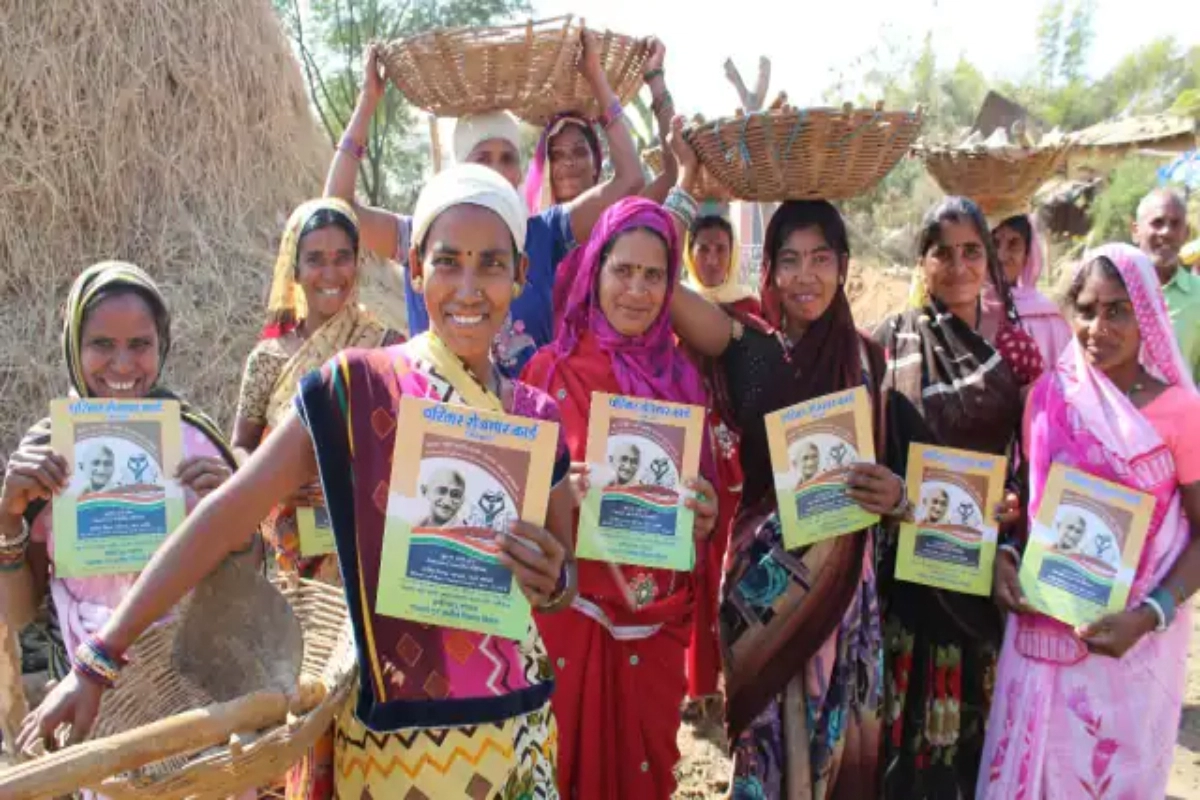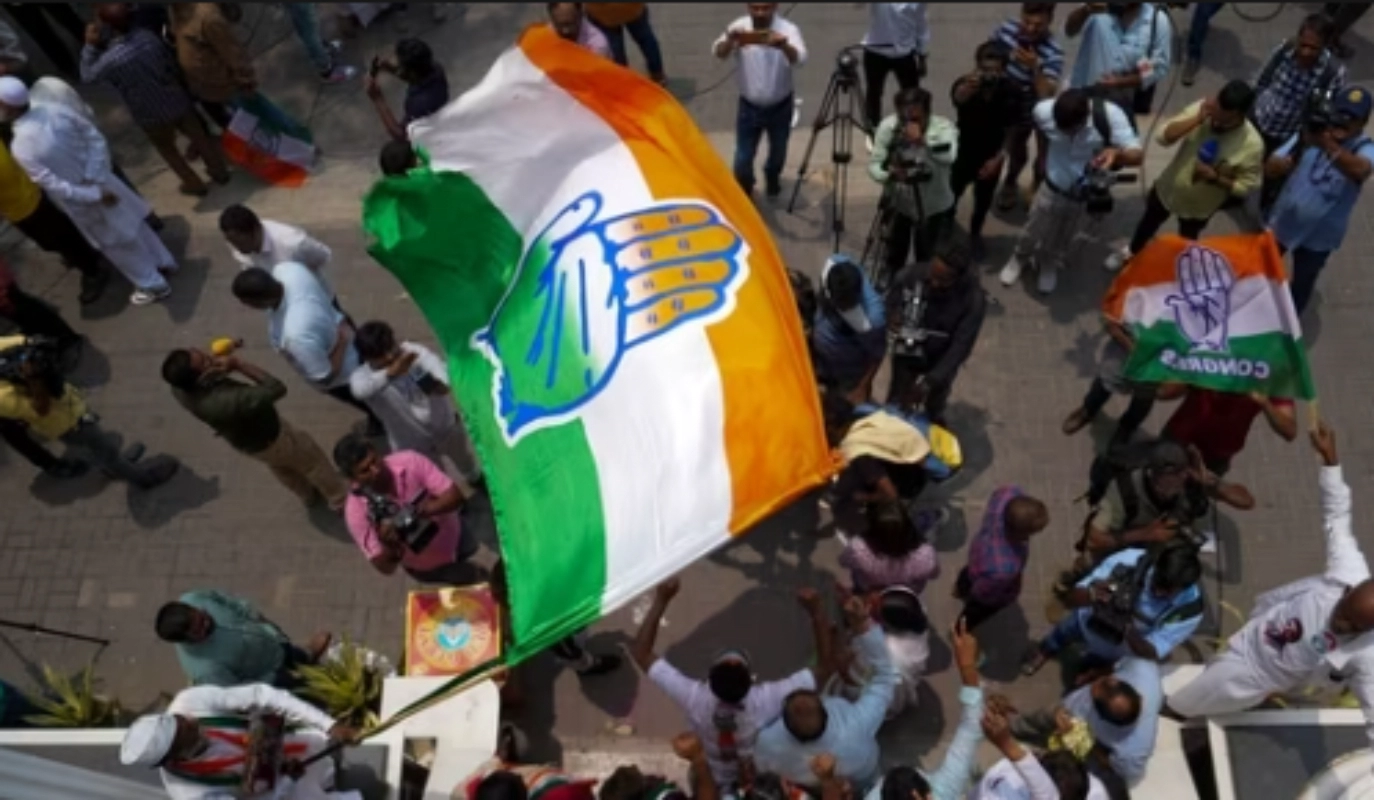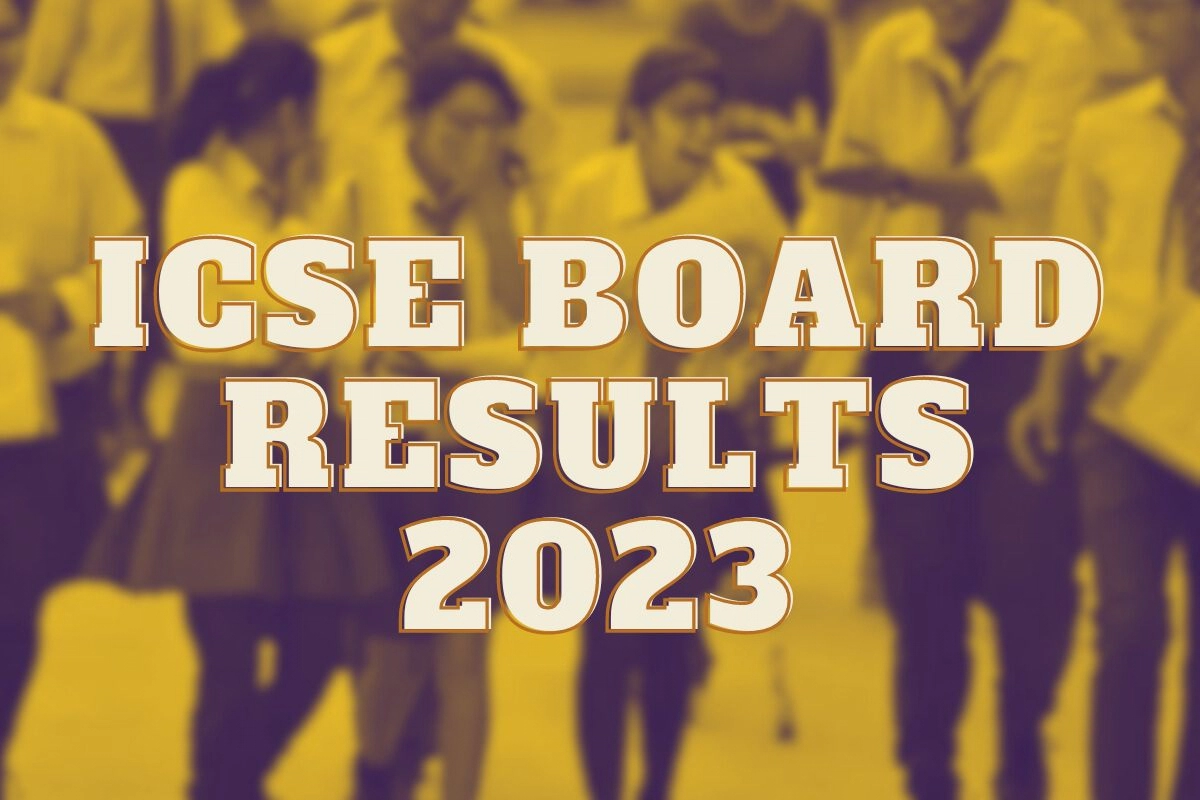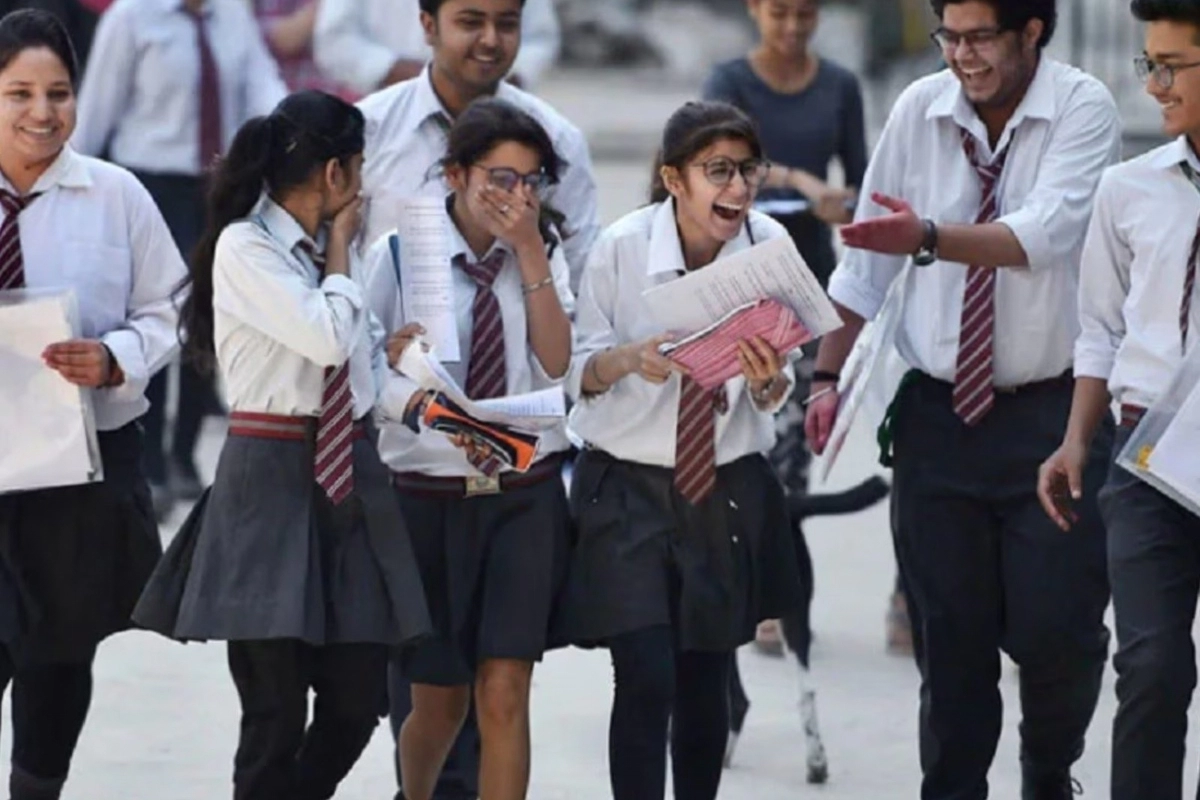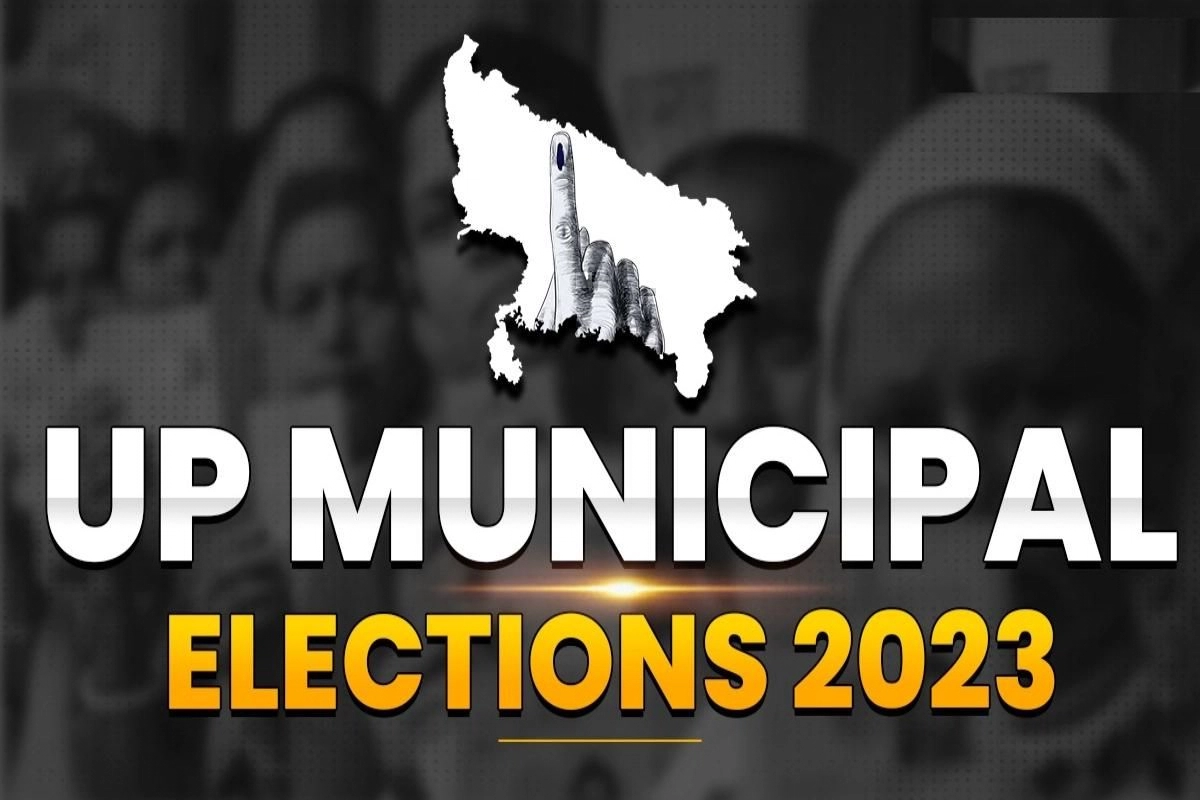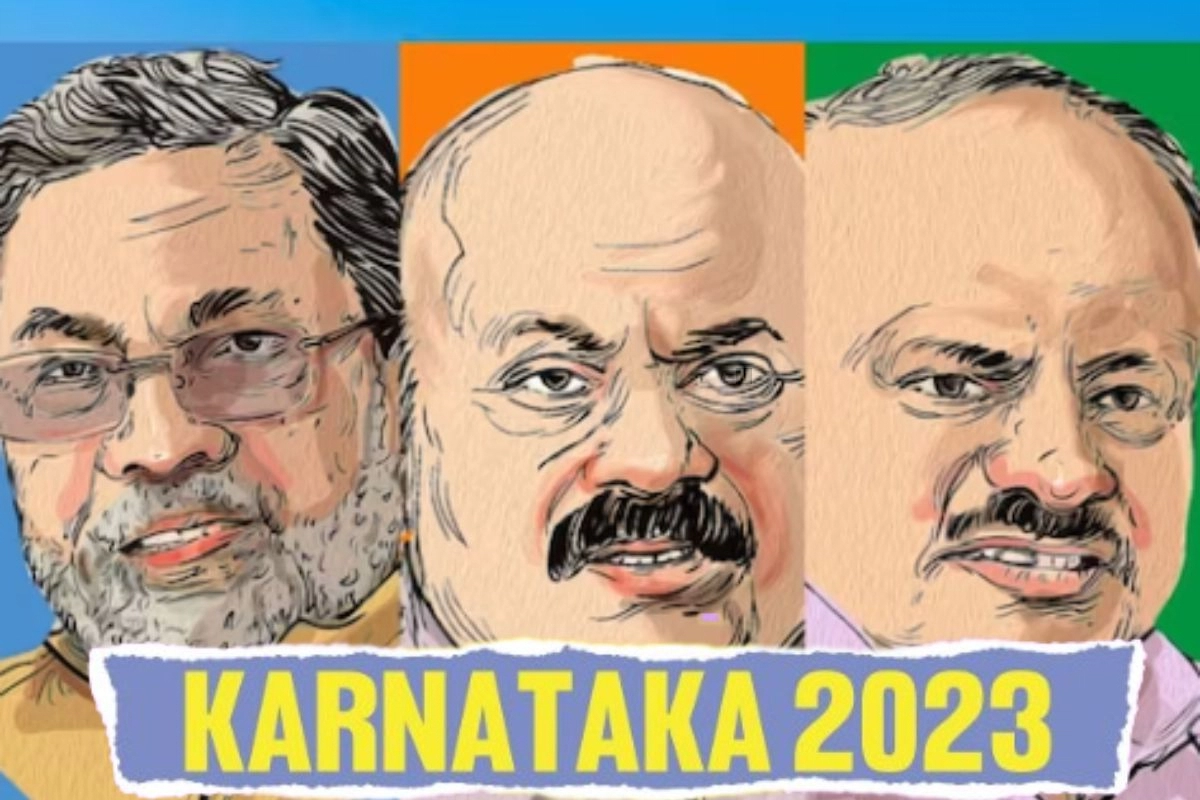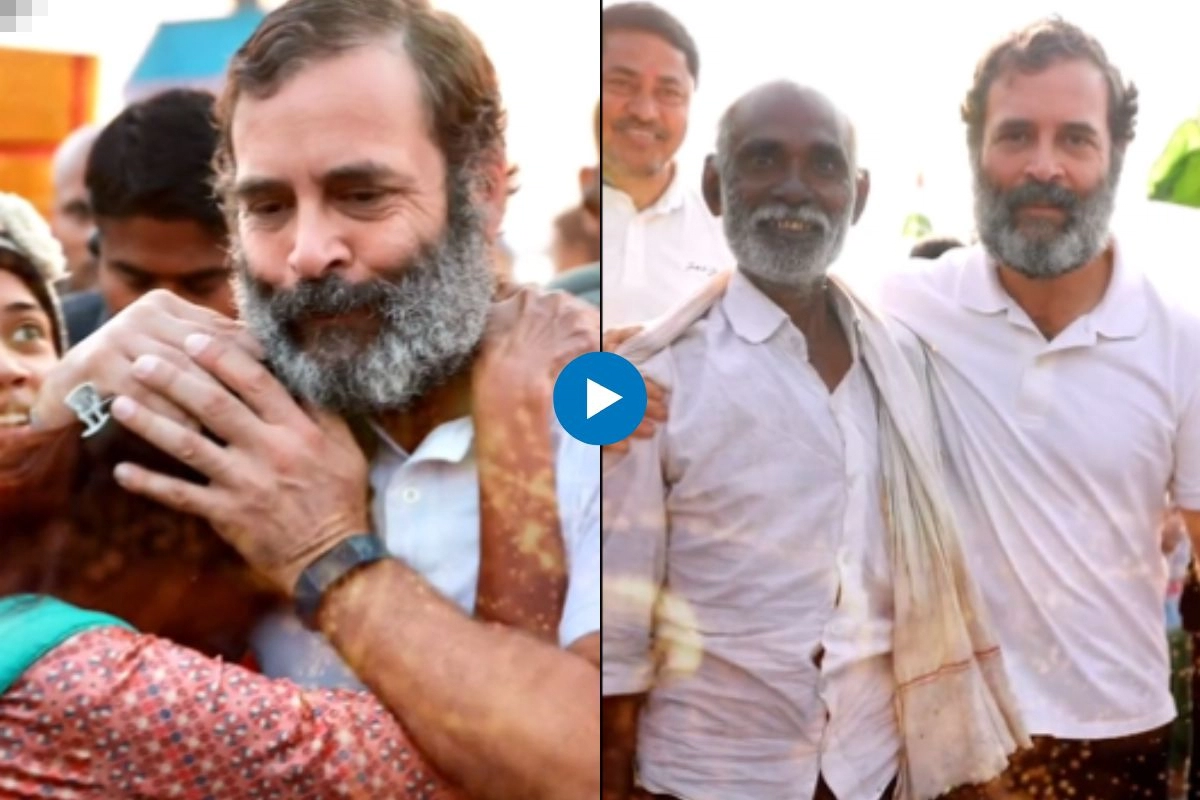The Mahatama Gandhi National Rural Employment Guarantee Act of 2005, often known as MNREGA, was passed on August 23, 2005, with the purpose of ensuring the “right to work.”
It aims to increase the security of livelihood in rural areas by giving at least one adult household member who agrees to perform unskilled manual labour at least 100 days of paid employment in a fiscal year. Under the MNREGA, women are promised a third of the available occupations.
MNREGA is acting as a catalyst for the development of infrastructure in rural India in order to produce long-lasting assets (such as roads, canals, ponds and wells).
Minimum wage jobs must be available within 5 kilometres of an applicant’s home.
Apart from providing economic security and creating rural assets MNREGA also helps in:
- Protecting the Environment
- Empowering Rural Women
- Reducing rural-urban migration
- Fostering Social Equity
Safety Net of Rural India during Covid-19 Pandemic Lockdowns
MNREGA has also been hailed as ‘lifesaver’ for migrant workers who returned to their Native villages in various states of India due to Coronavirus lockdowns. As per information shared by the Labor & Employment during Nation-wide lockdown amidst Covid-19 pandemic in 2020, more than 1.14 crore inter-state migrant workers had to go back to the native places and villages.
During Union Budget 2022, the flagship rural employment program has received an allocation of INR 73,000 crore.
MNREGA is one of the largest work guarantee programs in the world and has made immense contributions towards livelihood security and creation of durable assets in rural areas and has been a valuable employment tool and safety net as seen in the migrant crisis.
Also Read: Narendra Modi addresses All India Annual State Ministers’ meet on water
Benefits
- The applicant receives guaranteed employment within 15 days from the date of application.
- Work is to be provided within a radius of 5 kilometers of the applicant’s residence if possible, and in any case within the Block. If the applicant lives more than 5 km away from the worksite, he/she will be entitled to a travel and subsistence allowance (10% of the minimum wage).
- Wages are paid within a week, or fifteen days at most. Men and Women are paid equally.
- Shade, drinking water, and first-aid are provided at every worksite.
Exclusive measures for the promotion of the participation of the disabled persons
- Identification of suitable works
- Mobilization of disabled persons by focussing on awareness and special provisions
- Specifically identified works for disabled persons in the case of large GPs
- Preference to appoint as mates and as workers for providing drinking water, to manage crèches, etc., at the worksites
- Adoption of tools and equipment/facilities at workplaces
- Treating persons with disabilities with respect
- Special drive to ensure 100 days of employment to such households
- Provide a special job card of a distinct color
Senior Citizens receive special consideration and provisions
- Exclusive senior citizen groups may be formed and special works which require lesser physical effort are identified and allotted to these groups.
Specific attention and provisions for Internally Displaced Persons
- A special job card to be provided will be valid till these families are displaced and will lose its validity as soon as they return to their original place of residence.
Eligibility
- The applicant must be at least 18 years of age.
- The applicant must be residing in a Rural Area.
Application Process
Step 1: The application for registration may be given on plain paper to the local Gram Panchayat. An individual may appear personally before the Panchayat Secretary or Gram Rozgar Sahayak and make an oral request for registration, in which case the particulars required will be noted by the Gram Rojgar Sahayak or the Panchayat Secretary.
Application for registration should contain names of those adult members of the household who are willing to do unskilled manual work. Particulars such as age, sex, SC/ST status, Rashtriya Swastha Bima Yojana (RSBY) number, Aadhar number, Below Poverty Line (BPL) status and bank/post office account number (if s/he has opened one) must be provided in the application.
Step 2: The Gram Panchayat (GP) will verify the following details:
Whether the household is really an entity as stated in the application.
Whether the applicant household are local residents in the Gram Panchayat concerned.
Whether applicants are adult members of the household.
Step 3: All particulars of a household found to be eligible after verification, will be entered in the MIS (NREGASoft) by the Panchayat Secretary or the Gram Rojgar Sahayak (GRS) or a person duly authorized by the State Government.
Step 4: If a household is found to be eligible for registration, the GP will, within a fortnight of the application, issue a JC to the household. JC should be handed over to one of the members of the applicant household in the presence of a few other residents of the GP. The format of the Job Card is provided in the Annexure-5 of the scheme guidelines.
Documents Required
- Photograph of Applicant
- Name, Age, and Gender of all NREGA Job Card Applicants from the applicant’s household
- Name of Village, Gram Panchayat, Block
- Proof of Identity (Ration card, Voter ID Card, Aadhaar, PAN)
- Details of whether the applicant is a beneficiary of SC / ST / Indira Awaas Yojana (IAY) / Land Reform (LR)
- Specimen Signature / Thumb impression
Note:
* Registrations shall be opened throughout the year at the Gram Panchayat (GP) office.
* Application for registration must be made on behalf of the household by any adult
Also Read: Beginning January 1st, the attendance of MNREGA employees will be digitally captured
Keep watching our YouTube Channel ‘DNP INDIA’. Also, please subscribe and follow us on FACEBOOK, INSTAGRAM, and TWITTER.


